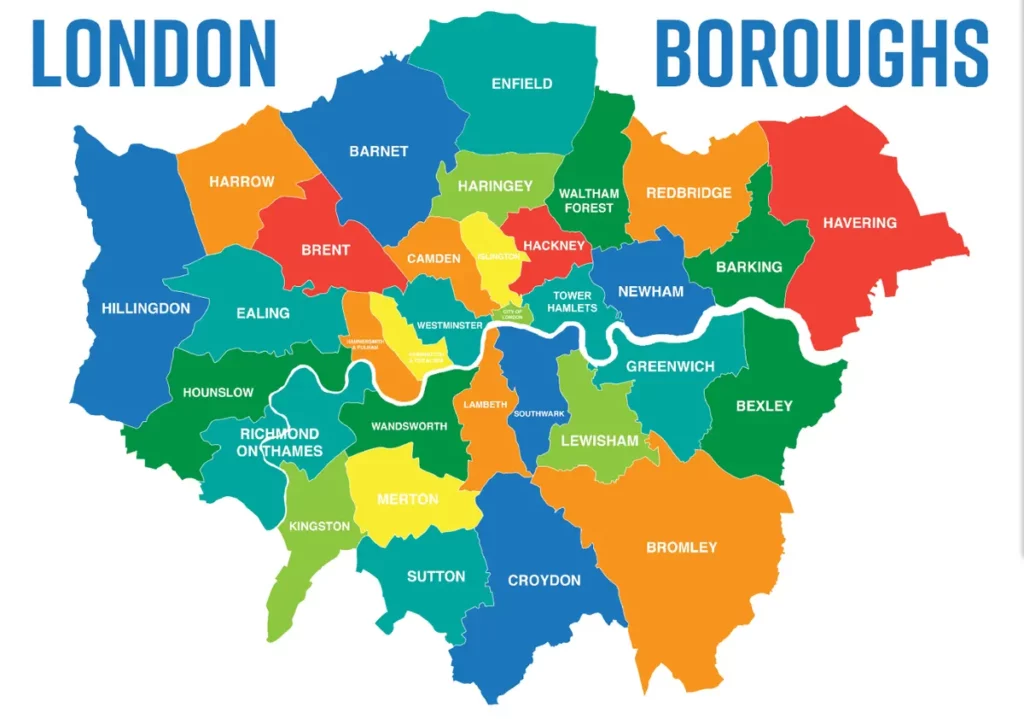Fire Risk Assessments in London A Comprehensive Guide to Safety and Compliance
Fire Risk Assessments in London A Comprehensive Guide to Safety and Compliance London, a city characterized by its high population...


3.7
193 Reviews
Very disappointing experience on the 2nd time around. After chasing me to get me Fire Risk Assessment booked in because the previous one was about to expire, ( or more than one occasion unnecessarily). They then tried to charge me for things that are not needed on a risk assessment and i had to be firm with them as i work in property so knew they were just touting for business. I have today received the certificate nearly 3 months after the report was carried out. This was very disappointing especially as i had to continually chase the report . I would not recommend i had a client with a block of 16 flats i could of referred but obviously didn't.
We booked an appointment and paid on 20th Jan. The engineer didn’t turn up and nobody notified us about the issue.The staff agreed to refund us but after 2 months we still haven’t received the refund. Never received any response from them 1 month ago.
Prompt response Timely, convenient appointment Excellent service Highly recommended!

The City of Westminster, located in the heart of London, is a borough rich in history, culture, and significance. It is home to some of the most iconic landmarks in the world, including Buckingham Palace, the Houses of Parliament, and Westminster Abbey. With its bustling commercial districts and charming residential neighborhoods, Westminster is a unique blend of the past and the present, making it an exceptional place to live, work, and visit.

Fire Risk Assessment (FRA)
Ensuring fire safety is a crucial responsibility for both landlords and tenants. A Fire Risk Assessment (FRA) is essential to identify potential fire hazards, evaluate risks, and implement measures to mitigate them. Landlords are responsible for conducting a thorough FRA, particularly in communal areas of residential properties and in commercial buildings. This assessment should be reviewed regularly and updated if any changes are made to the property or its use.
Tenants should be aware of fire safety measures in place and adhere to fire safety guidelines provided by the landlord. This includes understanding evacuation routes, keeping exits clear, and not tampering with fire safety equipment.
Gas Safety Certificates (CP12 & CP42)
Gas safety is critical to prevent risks such as carbon monoxide poisoning and gas leaks. Landlords must obtain a Gas Safety Certificate (CP12) annually for domestic properties and a CP42 certificate for commercial properties. These certificates confirm that gas appliances, flues, and related equipment have been inspected and are safe to use.
Landlords should ensure that gas appliances are serviced by a Gas Safe registered engineer and provide tenants with a copy of the certificate. Tenants should report any issues with gas appliances immediately and allow access for safety checks.
Energy Performance Certificate (EPC)
An Energy Performance Certificate (EPC) is required for both residential and commercial properties. It provides information on the energy efficiency of a building and offers recommendations for improvement. The EPC rates the property from A (most efficient) to G (least efficient).
Landlords must provide a valid EPC to tenants at the start of the tenancy or when selling or renting out a property. Tenants should consider the energy efficiency of a property when choosing a place to live, as this can impact energy bills and environmental footprint.
Electrical Installation Condition Report (EICR)
Electrical safety is another vital aspect of property management. An Electrical Installation Condition Report (EICR) assesses the condition of electrical installations and identifies any necessary repairs or upgrades to ensure safety. For residential properties, landlords are required to have an EICR conducted at least every five years. In commercial properties, the frequency may vary based on the type of installation and its usage.
Landlords should engage a qualified electrician to carry out the EICR and address any issues highlighted in the report. Tenants should report any electrical issues and avoid overloading sockets or using damaged appliances.
Staying Safe and Legal
Maintaining compliance with safety regulations is not only a legal obligation but also a critical aspect of ensuring the well-being of occupants. Landlords should stay informed about regulatory requirements and carry out necessary inspections and certifications promptly. Tenants should cooperate with safety measures and communicate effectively with landlords to resolve any safety concerns.
By adhering to these guidelines, both landlords and tenants can contribute to a safer living and working environment in the City of Westminster. Whether you are a resident or a business owner, understanding and fulfilling your responsibilities is key to maintaining a secure and legally compliant property.
Be compliant and updated with the latest safety knowledge regarding fire risk, gas safety, electrical safety and energy performance.
Fire Risk Assessments in London A Comprehensive Guide to Safety and Compliance London, a city characterized by its high population...
Fire safety is an ongoing responsibility, not a one-time event. This raises a crucial question for landlords and business owners:...
Fire Risk Assessment Approved Document B: Your Guide to Fire Safety Regulations Fire safety within UK buildings is governed by...
Fire Risk Assessment Landlord Responsibilities and UK Legislation A fire risk assessment is a systematic evaluation of a property to...
Landlords Checks Limited 1340 – Greenford Road, Greenford, UB6 0HL
Mon – Friday 08:00 – 18:00 Saturday 10:00 – 16:00
